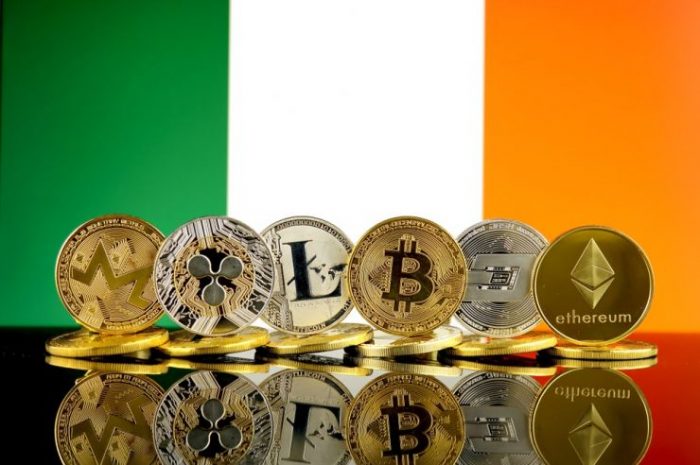HashKey Group Secures VASP Approval in Ireland to Expand Global Crypto Services
07.01.2025 22:00 1 min. read Kosta Gushterov
HashKey Group, a prominent Asia-based cryptocurrency financial services firm, has secured approval from the Central Bank of Ireland to operate as a Virtual Asset Service Provider (VASP) through its European division.
This milestone allows HashKey Europe to provide cryptocurrency trading and custodian wallet services, further advancing the company’s global expansion efforts.
In a statement on Tuesday, the company emphasized the strategic importance of its VASP registration in Ireland, positioning it to strengthen its presence in key international markets. This approval adds to HashKey’s growing list of regulatory achievements, with licenses already obtained in regions such as Hong Kong, Singapore, Japan, and Bermuda.
Notably, HashKey Exchange was among the first platforms to receive a license under Hong Kong’s revamped regulatory framework in 2023, enabling it to offer retail crypto trading services. Beyond regulatory advances, HashKey has also developed innovative blockchain solutions, launching its Ethereum Layer 2 platform, HashKey Chain, on mainnet in December.
HashKey Group’s portfolio spans a range of crypto-focused services, including HashKey Exchange, HashKey Global, HashKey Capital, HashKey OTC, HashKey Cloud, and HashKey Tokenisation, underscoring its multifaceted approach to advancing digital asset adoption worldwide.
-
1
Chinese Tech Firms Turn to Crypto for Treasury Diversification
26.06.2025 17:00 1 min. read -
2
U.S. Bank Advises Clients to Drop These Cryptocurrencies
29.06.2025 10:00 2 min. read -
3
FTX Halts Recovery Payments in 49 Countries: Here Is the List
04.07.2025 18:00 2 min. read -
4
What Are the Key Trends in European Consumer Payments for 2024?
29.06.2025 8:00 2 min. read -
5
What Brian Armstrong’s New Stats Reveal About Institutional Crypto Growth
29.06.2025 15:00 2 min. read
U.S. Public Pension Giant Boosts Palantir and Strategy Holdings in Q2
According to a report by Barron’s, the Ohio Public Employees Retirement System (OPERS) made notable adjustments to its portfolio in Q2 2025, significantly increasing exposure to Palantir and Strategy while cutting back on Lyft.
Key Crypto Events to Watch in the Next Months
As crypto markets gain momentum heading into the second half of 2025, a series of pivotal regulatory and macroeconomic events are poised to shape sentiment, liquidity, and price action across the space.
Here is Why Stablecoins Are Booming, According to Tether CEO
In a recent interview with Bankless, Tether CEO Paolo Ardoino shed light on the growing adoption of stablecoins like USDT, linking their rise to global economic instability and shifting generational dynamics.
U.S. Dollar Comes Onchain as GENIUS Act Ushers in Digital Era
In a statement that marks a major policy shift, U.S. Treasury Secretary Scott Bessent confirmed that blockchain technologies will play a central role in the future of American payments, with the U.S. dollar officially moving “onchain.”
-
1
Chinese Tech Firms Turn to Crypto for Treasury Diversification
26.06.2025 17:00 1 min. read -
2
U.S. Bank Advises Clients to Drop These Cryptocurrencies
29.06.2025 10:00 2 min. read -
3
FTX Halts Recovery Payments in 49 Countries: Here Is the List
04.07.2025 18:00 2 min. read -
4
What Are the Key Trends in European Consumer Payments for 2024?
29.06.2025 8:00 2 min. read -
5
What Brian Armstrong’s New Stats Reveal About Institutional Crypto Growth
29.06.2025 15:00 2 min. read


